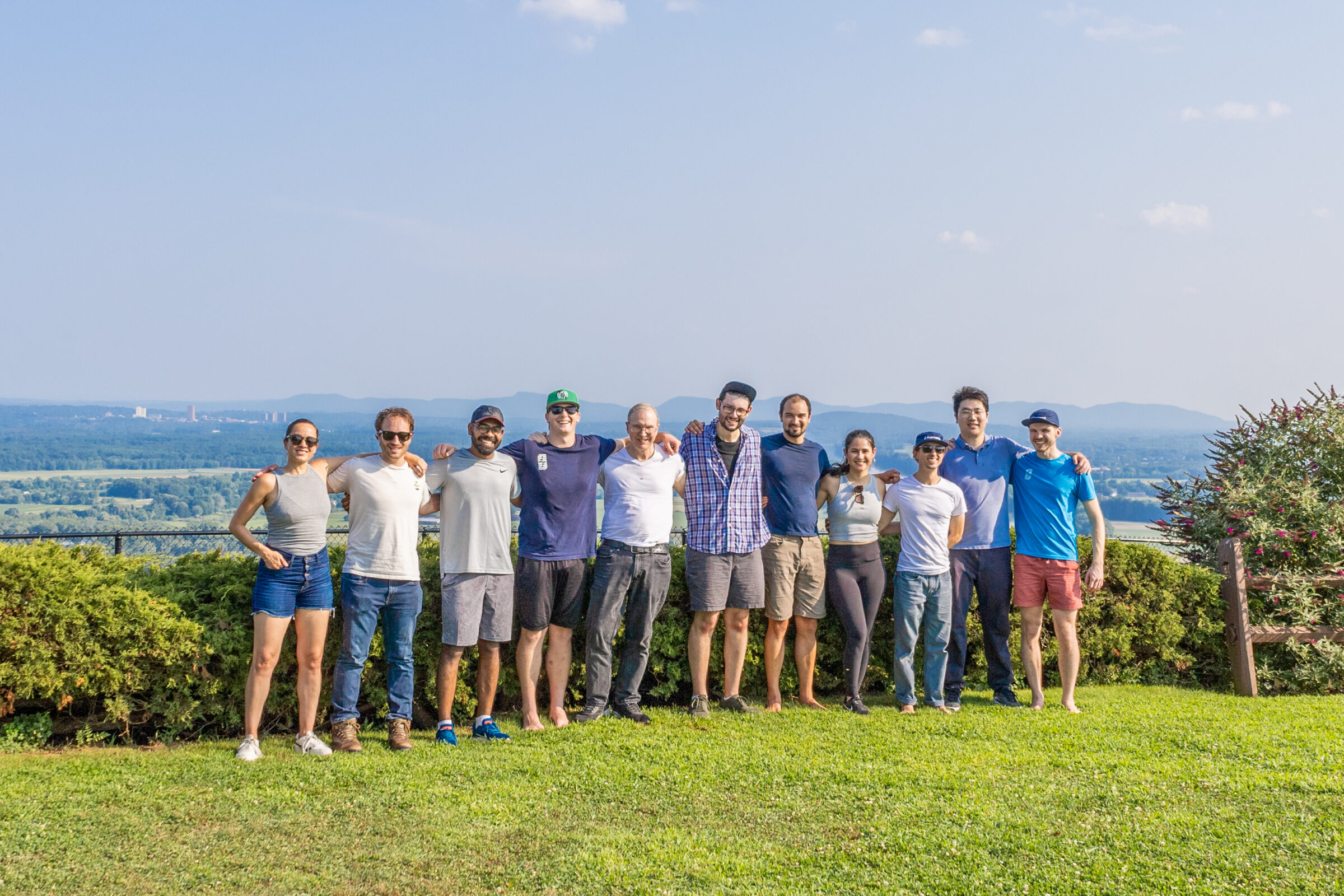florrent is a minority-led, Massachusetts-based startup pioneering high-performance energy storage solutions. Their next-generation supercapacitors provide a cost-effective and sustainable alternative to traditional power quality and reliability technologies, ensuring firm power at every level of the grid. More than an energy innovator, florrent is committed to reshaping the clean energy economy to benefit all communities, building a business that valorizes agricultural waste streams and provides economic flow to underrepresented communities in their supply chain.

When florrent secured its latest round of funding, co-founder Joe Hastry saw more than just an opportunity to extend their runway—he saw a chance to reflect their mission in every aspect of the business, including financial management. Hastry, along with co-founders Jose LaSalle and Alex Nichols, built florrent on a shared vision of innovation and responsibility. For them, where the company stored its capital mattered. Hastry sought financial partners that shared florrent’s values of transparency, mission alignment, and sustainability.
Turning to his network, he consulted trusted advisors, including the Treasurer of Patagonia and the Controller of Boston Impact Initiative, respectively recognized as leaders in sustainable finance and impact investing. Their recommendation: CNote, a platform designed to direct capital into mission-driven banks and credit unions that support under-resourced communities.
With his CPA background, Hastry approached the decision with diligence, comparing financial returns, security, and impact potential across different treasury options. He found that CNote wasn’t just a mission-aligned choice—it was also a competitive one. In some cases, it even outperformed conventional banking options. The ability to earn solid returns while deploying capital for positive social and environmental impact made CNote the clear winner.
Hastry’s message to fellow founders is clear: embedding impact in financial decisions isn’t just ethical—it’s strategic.
“I’ve seen companies look at impact and financial responsibility as trade-offs,” Hastry said. “But the reality is, they can reinforce each other. By making intentional financial decisions, startups can grow their capital while supporting the values that inspired them to begin with.”

As florrent continues to grow, it remains committed to fostering a just and sustainable energy future where economic opportunity is accessible to all and sustainability is not just a goal but a guiding principle in every business decision.
Learn more about Florrent: Visit www.florrent.com to learn about their work developing high-performance energy storage and building a more inclusive clean energy supply chain.
Learn more about Impact Cash: CNote’s Impact Cash program helps companies align their cash holdings with their values by depositing funds into mission-driven banks and credit unions. Find more information at https://www.mycnote.com/solutions/impact-cash/.


